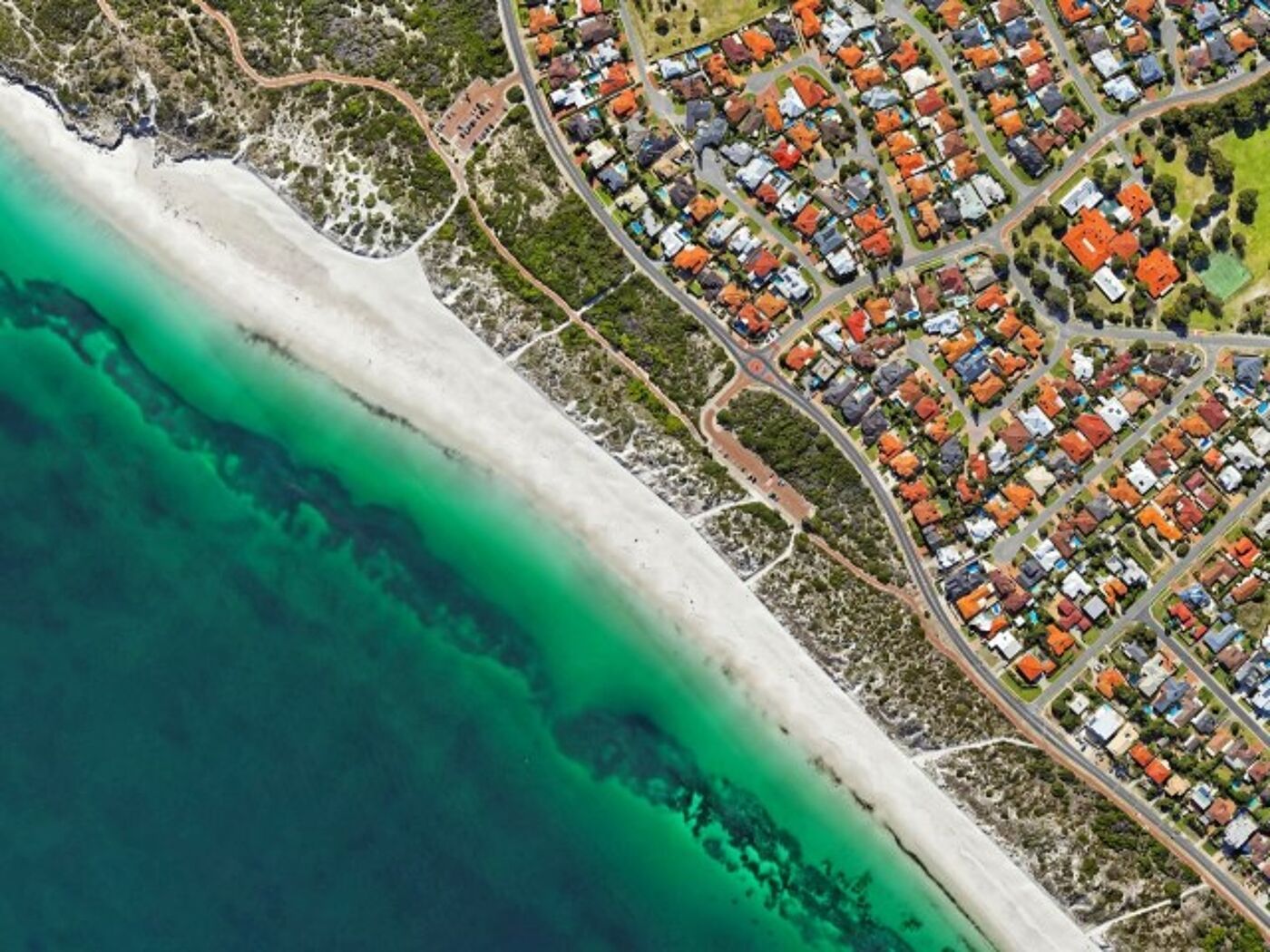
Urban October 2020

About Urban October
Today 55 per cent of the world’s population live in cities and towns and the number is growing every day. The United Nation’s Agenda for Sustainable Development, and Sustainable Development Goal 11 “to make cities inclusive, safe, resilient and sustainable” puts sustainable urbanisation at the centre of the global agendas for development.
Each (Urban) October everyone interested in sustainable urbanisation from national and local governments to universities, NGOs and communities is encouraged to hold or participate in activities, events, and discussions. Urban October begins with World Habitat Day on the first Monday of the month, 5 October in 2020, and ends with World Cities Day on 31 October.
As part of Urban October at Glasgow this year we've set up this page to spotlight upcoming events, new research, blogs and more from our diverse Urban research community.

Event - 28 October - Housing for All During COVID-19 and Beyond
The right to housing is a fundamental human right. However, the COVID-19 pandemic has highlighted the pre-existing and long-standing housing inequality crisis in cities.
This virtual panel event, co-hosted by UN-Habitat, University of Glasgow and the Centre for Sustainable, Healthy and Learning Cities (SHLC), provides a platform to discuss the impact of COVID-19 on the housing sector and how housing policies can help to deliver more sustainable and inclusive urban development.
This event will take place via Zoom. Click here to register via Eventbrite
Watch now - 15 October - Why Old Places Matter: Heritage, Emotion, and Place
Thursday, 15 October
Why Old Places Matter: Heritage, Emotion, and Place
Rebecca Madgin (Professor of Urban Studies, University of Glasgow)
Tom Mayes (Chief Legal Officer and General Counsel, National Trust for Historic Preservation)
Watch a live recording of this event > Passcode: 6.teFh2d
Over the last few years, evidence that captures the economic, social and increasingly the environmental value of the past has demonstrated the outcomes and outputs of investment in urban heritage. What is less understood are the inputs into this process. Why do people want to live, work and play in historic urban places? Why are historic places seen as special by a range of people? Why can we not countenance the loss of certain historic places? To address these questions this session focuses on the emotional dimensions of historic urban places.
Rebecca and Tom will first present their own short introductions to the material based on their recent work, in Rebecca’s case the findings from her AHRC Leaders Fellowship project which examined emotional attachments to historic urban places and Tom will build on the ideas found with his 2018 publication ‘Why Old Places Matter: How Historic Places Affect Our Identity and Well-Being’. Both will argue that understanding why historic places matter emotionally to a range of different people is crucial to understanding the importance of heritage.
Rebecca and Tom will then join the audience in conversation to discuss why and how heritage matters emotionally and the opportunities and challenges this presents for heritage theories and practices.
Watch now - 29 October - Heritage in Changing Cities: Whose Heritage is it Anyway?
Thursday, 29 October. 1500-1630hrs
Heritage in Changing Cities: Whose Heritage is it Anyway?
Barbara Cummings (Historic Environment Scotland)
Watch a live recording of this event > Passcode: *Bb3M*#c
Historic Environment Scotland is the lead public body for the historic environment in Scotland but what does that actually mean in practice? What does HES do and how does that reflect how a 21st century population views heritage?
HES has been undertaking ground breaking research both in Scotland and internationally and opening up the conversation about heritage to different audiences. There has been controversy in the press around contested heritage through the Black Lives Matter campaigns; how does this fit with HES role and what does it mean for how we tell Scotland’s story in future? Who gets a say in what gets recognised in Scotland?
HES has also been at the forefront of climate research and its impact on the historic environment, what will this mean for sites and monuments around Scotland in the future and how might that affect all of us?

Interactive Data Dives with UBDC
Dive confidently into urban data science in this series of free, guided, online interactive tutorials taking place throughout Urban October.
Click to view the full programme of events and get involved >

Challenges in Changing Cities
The issues that Urban October engages with now form part of the College of Social Sciences' Research and Knowledge Exchange Strategy through the Interdisciplinary Research Theme of Challenges in Changing Cities. Learn more >
Urban research at Glasgow
In addition to the research carried out in our five Schools, the College of Social Sciences hosts three major Centres working on Urban issues:

